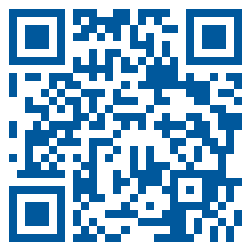
 Phlebotomist in Haywards Heath inHaywards Heath
Phlebotomist in Haywards Heath inHaywards Heath PUBLISHED MON 30 DEC 2024 Jump to job information section
Job description
We currently have a vacancy for a part-time phlebotomist to work alongside our existing team at the Princess Royal Hospital. You will be providing a valuable service throughout the hospital, taking blood samples from hospital in-patients and out-patients. Experience would be preferred but not essential as full training is provided. Please note the successful candidate will be expected undertake venepuncture on children as well as adults after full training and assessment.
Applicants who declared they have phlebotomy experience will be requested for evidence if shortlisted for interview Successful candidates will be based at the Princess Royal site however at times you may be expected to cover other locations where the phlebotomy service is provided.The phlebotomy department is open from 8.30 to 16.30. The hours for this role are 24 per week worked on a roster including weekend working (mornings only)
This post involves the taking of blood samples from patients in wards and clinics, providing reception/telephone duties as and when required.
About us
- To assess patients presenting for blood tests as per the indications and contra-indications for the practice of venepuncture.
- To confirm patients details and identity.
- To take blood samples from patients, exercising care and attention.
- To accurately label sample bottles in accordance with SOPs.
- To transport samples safely and securely to the laboratory whenever required.
- To implement initial dispatch to the laboratory for those samples requiring urgent/immediate attention.
- To deal with patients, their relatives, and other staff in a courteous and sympathetic manner, in person and by telephone.
- To undertake duties using established work systems and new systems as introduced, and to undergo training in their correct use.
- To record accurately numbers of patients bled in outpatients, wards and other locations
Please see Job Description and Person Specification for full details.
If you're interested in this role but you have questions or you're not yet ready to apply, then please book a quick call with us and we'd be happy to answer any questions you have and tell you more about the role.
Requirements
See the job description for full role requirements.
Benefits
Benefits are provided by the employer and will be confirmed during your application.
A quick tap lets us tune future job matches for you


Scan with your phone to return to this page later.